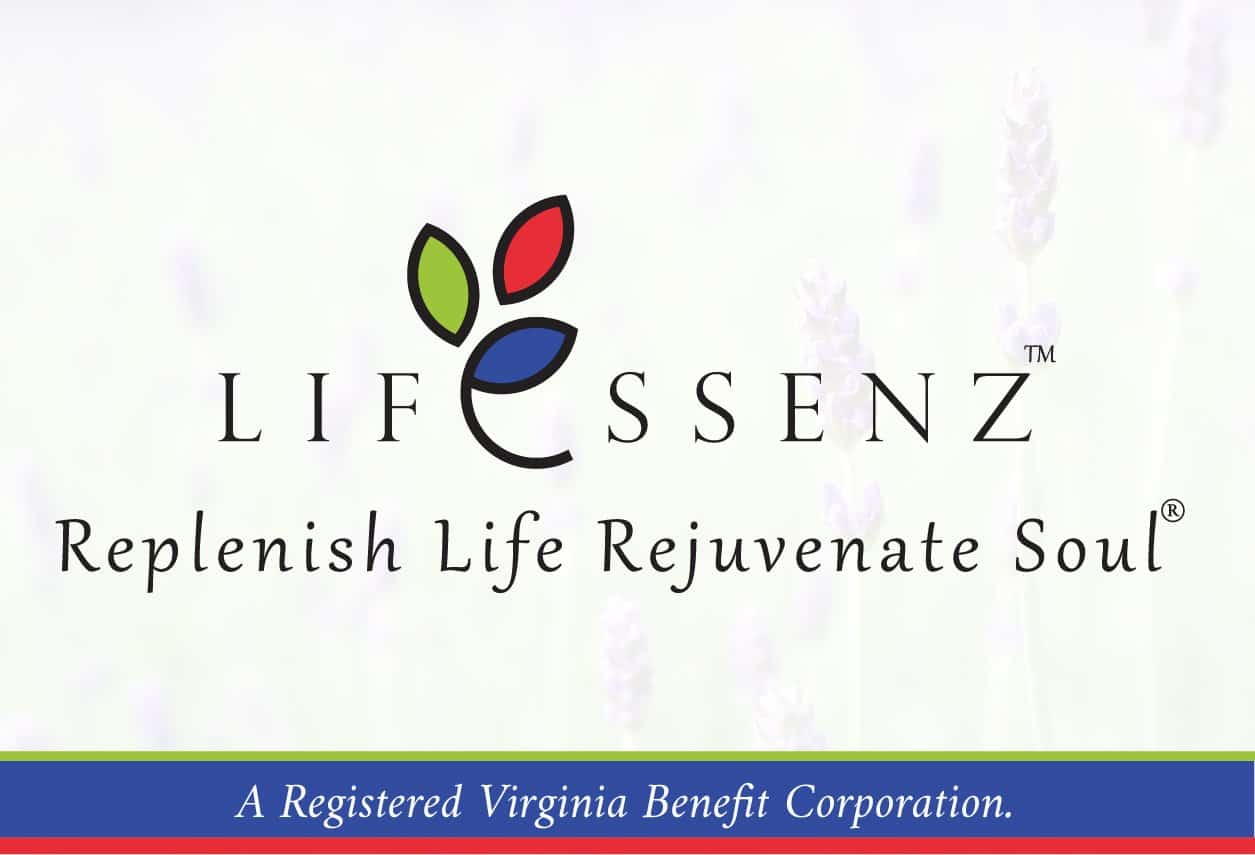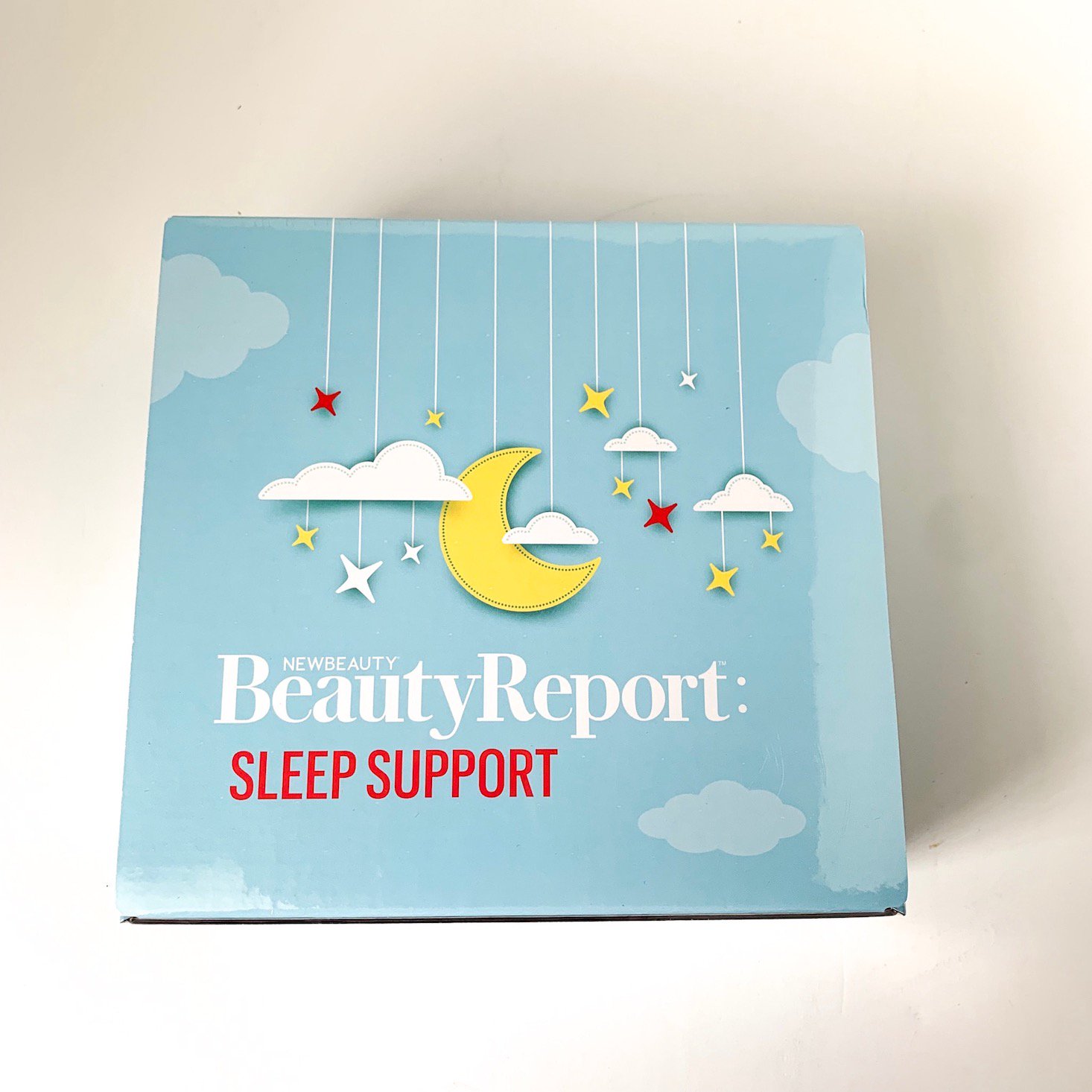Nature Knows and Psionic Success
God provides
Prescription drugs in America are completely USELESS for long-term health “fixes”
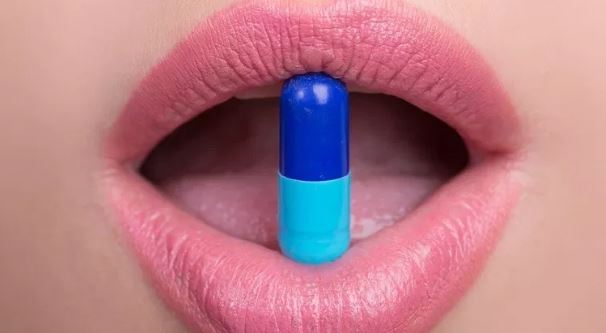
( Natural News ) When a medical doctor prescribes drugs for symptoms, those warning signs may “go away” for a short while, but the root of the problem always festers. That’s because nearly all medications are chemically concocted in a laboratory and then “assigned” to bad health symptoms, and are doing nothing more than sweeping the “dust” and “germs” of serious problems “under the rug.” Sooner or later, those real health issues will rear their ugly heads, and the next piece of advice won’t be so non-invasive, my friends, because after the prescription drugs fail you comes surgery and/or chemotherapy, psychotropic drugs, and eventually, if you live and can suffer long enough through all that, dementia sets in. That’s the final “financial” and mental avalanche. The AMA (American Medical Association) has been making sure, in America, for 100 years, that medical doctors offer zero nutritional advice to their patients, and only prescribe “medications” that are laboratory created. This ensures any person with chronic health conditions will not ever recover, and become a client for life (a shortened life at that). That was the end game from the very beginning, and the FDA and CDC play right into that arena like a tri-fecta of partners in crime. Prescription pharmaceuticals quite simply don’t work – how much more obvious could it be? Half the country takes at least one of pharma’s “prescription” poisons daily. Did you know? That includes one in every five children. If ANY of those drugs really worked, wouldn’t THEY be the healthy half ? Think about that real hard for a minute, after you mute the commercial on TV that says the side effects are worse than the condition being treated. That’s hundreds of billions of dollars wasted on drugs that don’t work. Wow. Mother Nature’s micronutrient […]
Vitamin D Deficiency: What Does It Do and What Should Your Levels Be?

Vitamin D Deficiency: One of the most common health problems in the world today is vitamin D deficiency. Around 1 billion people worldwide and 40% of Americans are deficient in this important vitamin. A vitamin D deficiency is associated with multiple chronic conditions including the leading causes of mortality. Vitamin D deficiencies have been found to play a role in many conditions including cardiovascular disease, cancer, diabetes, and osteoporosis, and many other health conditions. Having optimal levels of vitamin D is critical for good overall health. Vitamin D is often called the “sunshine vitamin” because the primary source of Vitamin D is exposure to the sun. When sun exposure is limited, it is important to obtain vitamin D from other sources. The best food sources of vitamin D are egg yolks, fatty fish, liver , and grass-fed cheese and butter. However, for many people, supplementation may be necessary to increase their levels of vitamin D to optimal levels. It is important to test your level of vitamin D regularly to ensure it is optimal and to prevent health issues associated with deficiencies. What is Vitamin D? Vitamin D is unique in that it functions as a prohormone ( 1 ). Prohormones are substances that the body converts to a hormone. Vitamin D is the only vitamin that can be produced by our bodies ( 2 ). While other vitamins must be taken in through diet or supplementation, our bodies produce vitamin D when our skin is exposed to UV rays from the sun. Vitamin D obtained from sun exposure, food, and supplements is biologically inert and must be activated by the body. Two hydroxylations are required for activation. The first occurs in the liver and converts vitamin D to 25-hydroxyvitamin D [25(OH)D], or calcidiol. The second occurs primarily in […]
How Crochet and Knitting Heal Us

When I first did the research for my book Crochet Saved My Life , there seemed to be very few people talking about the health benefits of yarncrafting . I’m thrilled to see that in the half a dozen years since that time, a wide variety of industries are now discussing the issue. There has also been some great research into the topic. Cozy Hygge Look Book Two Research Studies into the General Benefits of Crochet In 2014, I conducted a survey of more than 8,000 crocheters to learn more about how they benefit from crafts. Some results of that study have been published online although the entire study has not yet been published. More recently, Australian researcher Pippa Burns from the University of Wollongong and her peer Rosemary van Der Meer completed a similar survey , of about the same number of people. Many of our results were strikingly similar, and they give insight into how the average person truly benefits from yarncrafting. The Australian study found that the major reasons people crochet are for: creativity relaxation sense of accomplishment The primary benefits of the craft were calmness (90%) happiness (82%) improved memory (74%) improved concentration (71%) The results of my own study were not so different; the top benefits cited were: creativity focused attention sense of purpose better self-esteem When I asked survey respondents to pick the number one healing benefit of the craft, 46% chose “calming, relaxing, stress-reduction” and another 34% said “creative outlet”. Blissful Moment Shawl free crochet pattern Crochet Helps with A Variety of Mental Health Issues My study looked more specifically at the ways in which crochet helped with specific ailments. 89% again said stress-relief / relaxation 59% said that crochet helped with anxiety 56% said that crochet helped with depression 27% said […]
If You’re Curious About Nootropics, It’s Time to Try This Clinically Proven Brain Booster

Most of us use a psychoactive drug on a daily basis in order to maximize our mental alertness and wakefulness. That drug, of course, is caffeine . About 90 percent of Americans consume it in one form or another every single day, while at least 50 percent consume more than 300 milligrams. This isn’t necessarily a bad thing. Doctors and scientists aren’t sounding the alarms about a caffeine epidemic. That said, if we really want our brains work better, our first goal should be providing them with the best possible fuel, not merely pumping them full of stimulants. And when it comes to brain fuel, absolutely nothing beats TruBrain active nootropics . Created by UCLA-trained neuroscientists, TruBrain is a proprietary blend of nootropics specifically formulated to improve focus, enhance verbal fluency, and boost overall mental output . It’s designed to help you remember more and create faster. But what exactly are nootropics ? Though they are often referred to as “smart drugs,” nootropics are simply nutrients, minerals, amino acids, and other compounds that serve as fuel for neurotransmission. Taking a nootropics supplement will not increase your IQ, and any company that says otherwise is lying. However, what they can do is get your brain to function at maximum capacity. TruBrain When it comes to nootropics, nobody does it better than TruBrain . Here’s a complete breakdown of the active ingredients: Citocoline (250mg): a nootropic compound that the body turns into choline, a neurotransmitter that boosts learning and ability to focus. Uradine (500mg): a building block of RNA, which the brain uses to create and store memories. Centrophenoxine (250mg): a cholinergic compound that contains DMAE, a type of choline that reduces “age pigmentation,” or waste product build-up in the brain. Noopept (12mg): a synthetic molecule that increases blood flow to […]
Light and the circadian rhythm: The key to a good night’s sleep?

The cycle of sleep and wakefulness is one of the key human behaviours. We spend about a third of our lives asleep and cannot survive without it. When asleep, our brain memorises and processes information. Our body clears toxins and repairs itself, allowing us to function properly when awake. Even short-term sleep deprivation significantly affects our wellbeing. Most of us begin to fall apart after just one night without sleep and after three nights of missed sleep, we are functioning way below par. One study suggested that after 17-19 hours of staying awake , performance on cognitive tasks may be similar to having had too much to drink. These effects worsen over time. The longest documented period without sleep of just more than 11 days prompted serious cognitive and behavioural changes, problems with concentration and short term memory, paranoia and hallucinations. But while scientists have long understood the importance of getting enough sleep, the key part played by light exposure can sometimes be overlooked. Setting the body clock The reason light is so important is that it sets our circadian rhythm, or body clock, via specialised light sensors within the eye. Our eye detects the light and dark cycle within our environment and adjusts the body’s circadian rhythm so that the internal and external day coincide. This is so powerful that that people who have very severe eye damage can find their body clock is thrown off , leading to sleep problems. Without any access to light, the human body clock appears to drift, adding about half an hour on to its 24 hour cycle for each day of darkness. Jetlag is the most obvious example of the effect light can have. Exposure to light in the new time zone helps reset our body clock to local time, telling […]
Seventeen species of bees are EXTINCT in areas of the UK as climate change and pesticides damage their populations, WWF claims

Seventeen types of bees are now ‘extinct’ in parts of the East of England, considered one of the most diverse habitats for the pollinators in the UK. Climate change, habitat loss, pollution and disease have all been blamed for the losses. Species like the rare Great Yellow bumblebee and the Potter Flower been have been completely wiped out, last spotted in the region decades ago. A further 25 are under threat and 31 more are at-risk, a report from the WWF claims. Scroll down for video 17 pollinator bees are now considered ‘extinct’ from parts of East of England, one of the richest habitats for bees (stock image) 17 pollinator bees are now considered ‘extinct’ from parts of East of England, one of the richest habitats for bees (stock image) The report was published by the WWF (World Wide Fund for Nature) and the charity Buglife and called bees ‘essential’ to the UK, saying they are worth £690 million ($880m) per year to the economy. The study focused on the East of England made up of the areas of Bedfordshire, Cambridgeshire, Essex, Hertfordshire, Norfolk and Suffolk and analysed recorded data for 228 bee species. The East of England has nationally important bee populations including Moss carder bee, which is considered vulnerable in the region and the Other species found include the Redshanked carder bee and Shrill carder bee, Sea aster colletes and Margined colletes. The loss, fragmentation and degradation of their habitats, the use of pesticides and pollution were given as key reasons for the decline in these areas. According to the report, their loss have huge implications for farming and consumers – including how many apples are produced by farmers. Climate change, habitat loss, pollution and disease have all been blamed for the losses. The image shows a […]
Brain training app claims to improve concentration, but is it better than proper diet and an active lifestyle?

( Natural News ) Cambridge researchers came up with a game app called “Decoder” that supposedly trains the brain of the player. They claimed that regularly playing the brain training game could improve the concentration of the user . They developed the app in response to the decreasing attention spans of young people. Increasing amounts of technologies require fast reactions to electronic messages and splitting one’s attention between multiple projects at the same time. In turn, this leads to diminished concentration, and the problem becomes worse thanks to stress stemming from a global environment and constant travel, which causes jet lag and poor sleep. The rise of smartphones has led to an increasing number of brain training apps. The developers of the programs claimed that they could improve concentration, memory, and other cognitive skills. Decoder is the latest in the increasingly long line of such game apps. Devised by a team from the University of Cambridge based on their existing research, this brain training app supposedly activates a frontal-parietal network in the brain, thereby improving the attention and concentration of the user. (Related: Study proves you can stop vital memory erosion through holistic “Loci memory training’ .) Cambridge-designed brain training app supposedly improves attention and concentration The Cambridge researchers held tests where participants played Decoder on electronic tablets. The results showed increases in the attention and concentration of the people playing the brain training app. Mother Nature’s micronutrient secret : Organic Broccoli Sprout Capsules now available, delivering 280mg of high-density nutrition, including the extraordinary "sulforaphane" and "glucosinolate" nutrients found only in cruciferous healing foods. Every lot laboratory tested. See availability here. In the experiment, participants split up into three separate groups. The first group was assigned to play the brain training game, the second one got Bingo as their […]
Is depression just a symptom of bad gut health? Study confirms link between gut and brain health
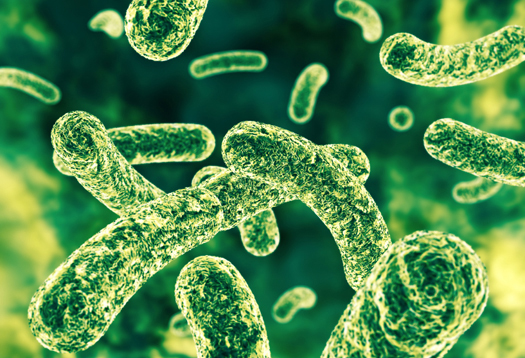
( Natural News ) One area of research that has been getting a lot of attention recently is the connection between gut and brain health. With mental health problems a growing concern, scientists have been trying to uncover some of their causes, and a new study out of Belgium shows that depression could well be a symptom of poor gut health . In the study, which was published in Nature Microbiology , the researchers looked at the fecal microbiome data of more than 1,000 people who were enrolled in the Flemish Gut Flora Project. They pooled this data with data on depression diagnoses in the hopes of exploring the link between gut bacteria, depression and quality of life. After looking at more than 500 bacteria that were isolated from the human gastrointestinal tract, they found that people suffering from depression had persistent low levels of two gut bacteria in particular, Dialister and Coprococcus. This was true even among those who took antidepressants. An independent cohort of more than 1,000 people who took part in the Dutch LifeLinesDEEP and clinically depressed patients was used to validate the results. It’s an exciting finding that could well lead to a probiotic-based treatment for depression – something that is sorely needed when you consider all the side effects that come with modern antidepressants. Many of the most widely used antidepressants today come with black box warnings because they raise the risk of suicidal thoughts and behaviors. Common side effects of antidepressants can include insomnia, constipation, nausea, blurred vision, weight gain, increased appetite, and sexual problems. It appears to be no coincidence that many mass shooting perpetrators happened to be using these medications at the time of their deadly rampages. Probiotics, on the other hand, are relatively safe for most people and can have […]
15 Brain Healthy Foods That Boost Its Function Naturally – #5 is Impressive!
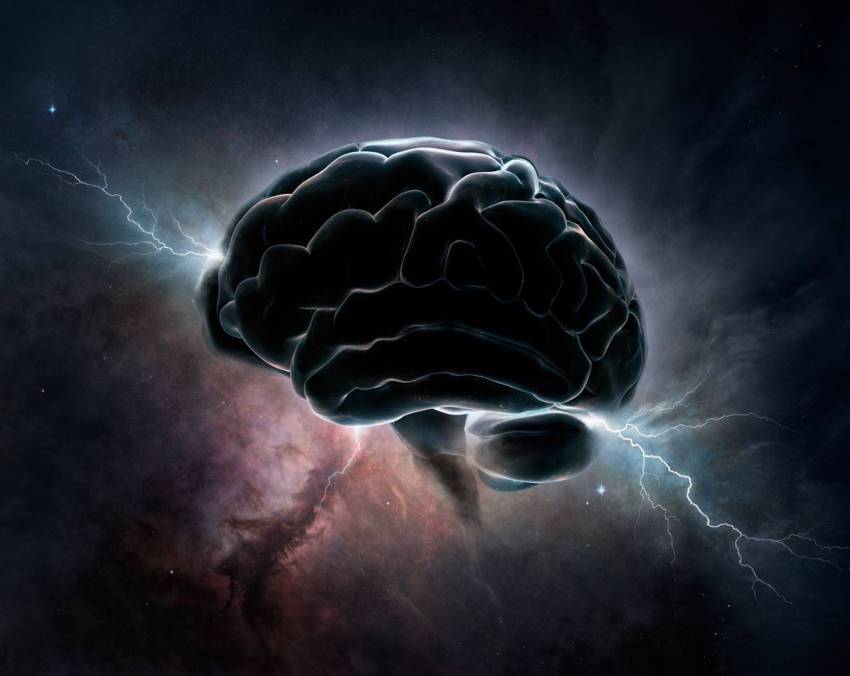
Did you know that adding certain foods to your diet can enhance your cognitive functions and enable your brain to stay healthy and active? The brain is an incredibly important organ in the human body. In fact, the brain acts as a control center – coordinating actions and reactions that happen – from thinking to feeling to remembering and everything in between. It’s responsible for keeping your lungs breathing and your heart beating. A brain-boosting diet is important to support both short and long-term brain function. Essentially, eating certain foods allows you to keep your brain healthy and operating at peak performance. Did you know the brain uses approximately 20% of the body’s calories? It needs a lot of fuel to maintain concentration throughout your day-to-day life. So how do you keep your brain healthy? What exactly is a brain-boosting diet and what does it consist of? We’ve compiled a list of 15 foods that keep your brain healthy and boost its function naturally. 1. Fatty Fish Fatty fish tops the list because they’re such a rich source of omega-3 fatty acids – an important factor when it comes to building brain and nerve cells. These fats are crucial for memory and learning. Consider adding more trout, salmon, and sardines to your diet. 2. Blueberries Blueberries deliver anthocyanins, a group of plant compounds that deliver surprising antioxidant and anti-inflammatory effects. The antioxidants have been found to improve communication between brain cells while lessening the risk of neurodegenerative diseases. 3. Beets A very popular root vegetable, beetroot is loaded with vitamins and minerals that are essential for the entire body. It contains nitrates that boost blood flow to the brain and cancer-fighting antioxidants that help rid the blood of toxins. 4. Celery Celery is very nutrient dense — loaded with […]
DR MICHAEL MOSLEY: Can electric shocks to your brain give you the memory of a 20-year-old?
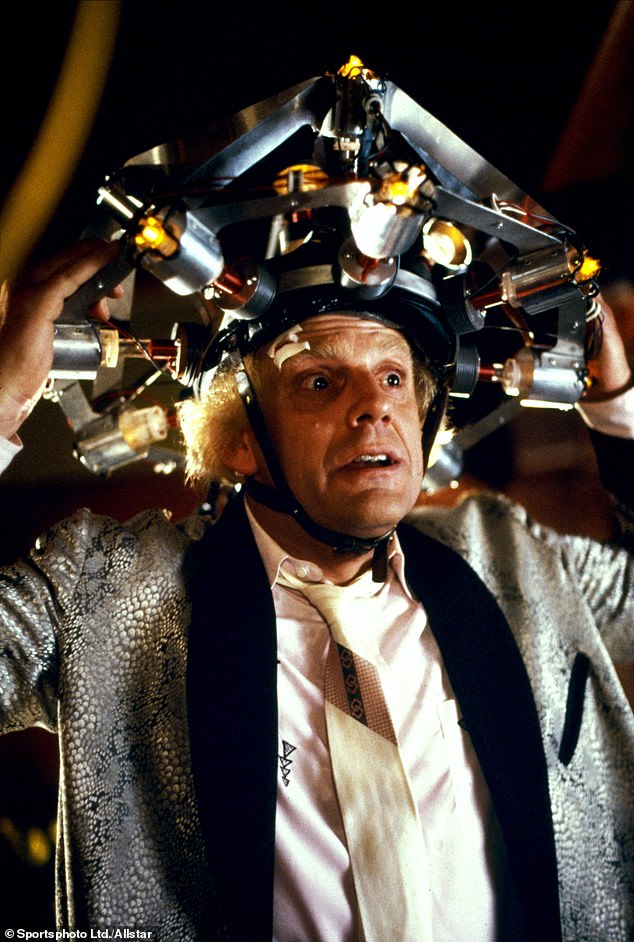
Do you ever go upstairs to look for something, then realise you have no idea why you were going upstairs in the first place? Or what about putting rice on to cook, then leaving the room and only returning when you smell the burning? I find that as I get older I am increasingly doing these sorts of things. I’m not too worried. After all, about 40 per cent of people over the age of 60 have some form of age-related memory loss. It isn’t thought to be a condition or illness in itself, rather just natural wear and tear on the bits of the brain that connect to help us remember. But it is annoying. So I was intrigued to read the results of a recent study where it was discovered that if you zap the brain of someone in their 60s with short bursts of electricity, it can, at least for a short time, give them the memory ability of someone in their 20s. Buzzing: Christopher Lloyd as mad scientist Doc zapping his brain cells in cult movie Back To The Future Buzzing: Christopher Lloyd as mad scientist Doc zapping his brain cells in cult movie Back To The Future Could electric shocks really boost memory? The particular type of memory the researchers tested is something called working memory. This is the ability to hold several pieces of information in your mind at the same time, such as an address you have just read, while also trying to take down a telephone number. Working memory allows us to process information and be creative but it starts to decline in our early 30s, as sections of our brain gradually become out of sync and disconnect from each other. By the time we reach our 60s, these links may […]
Get Ready To Grow Old
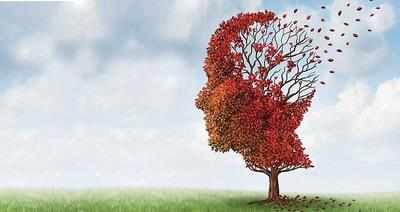
BENGALURU: This past week, a video of Mick Jagger went viral. The 22-second video showed the rockstar dancing to The Wombats’ song, Techno Fan, without missing a beat. Of course, what sent his fans and the internet on a tizzy is the fact that the young at 75 Jagger was dancing that way a month after a heart valve replacement surgery. Wonders may never cease when it comes to Jagger but in a world that is obsessed with staying young forever, the musician’s story reaffirms the saying that ‘age is just a number’. The world of celebrities is filled with examples such as these. Former American president Jimmy Carter, 92, who had a hip replacement surgery recently after a fall is ready to teach at Sunday school, and there’s Madonna who at 60 has announced another album. People like Jagger, Madonna and Carter prove that growing old doesn’t necessarily mean that you have reached the end of the road. You can still sing, dance and be merry. While such stories with positive spins about age are good, the truth is that the ‘idea of oldness’ is not pretty in one’s head. Nor are most of us wealthy and cushioned by money like celebrities who can afford a nip here and a tuck there. There’s youth. And then there’s old age. And in between these two phases, lies a grey area where life lulls you into believing that old age somehow will leave you untouched. “Age is an important number, but it can also be deceiving. After 40, most people say they feel younger than their years, some lie about their age, and many attempt to hide the signs of growing old,” reads the blurb on Dr Alan Castell’s book, Better with Age: The Psychology of Successful Aging. In his […]
Light and the circadian rhythm: The key to a good night’s sleep?

The cycle of sleep and wakefulness is one of the key human behaviours. We spend about a third of our lives asleep and cannot survive without it. When asleep, our brain memorises and processes information. Our body clears toxins and repairs itself, allowing us to function properly when awake. Even short-term sleep deprivation significantly affects our wellbeing. Most of us begin to fall apart after just one night without sleep and after three nights of missed sleep, we are functioning way below par. One study suggested that after 17-19 hours of staying awake , performance on cognitive tasks may be similar to having had too much to drink. These effects worsen over time. The longest documented period without sleep of just more than 11 days prompted serious cognitive and behavioural changes, problems with concentration and short term memory, paranoia and hallucinations. But while scientists have long understood the importance of getting enough sleep, the key part played by light exposure can sometimes be overlooked. Setting the body clock The reason light is so important is that it sets our circadian rhythm, or body clock, via specialised light sensors within the eye. Our eye detects the light and dark cycle within our environment and adjusts the body’s circadian rhythm so that the internal and external day coincide. This is so powerful that that people who have very severe eye damage can find their body clock is thrown off , leading to sleep problems. Without any access to light, the human body clock appears to drift, adding about half an hour on to its 24 hour cycle for each day of darkness. Jetlag is the most obvious example of the effect light can have. Exposure to light in the new time zone helps reset our body clock to local time, telling […]
A citrusy pick-me-up: The 15 health benefits of drinking lemon water in the morning

( Natural News ) Taking a glass or two of lemon water every morning is one of the simplest yet most effective ways to attain and maintain good health. The body is quick to absorb nutrients from the foods consumed during breakfast, allowing it to enjoy the many benefits of citrus-enriched water . This antioxidant-rich treat for the skin and digestion also promotes healing and detoxification Lemons contain tons of antioxidants that eliminate free radicals associated with cancer. They also neutralize the acidic environments that contribute to the growth of cancer cells. A systematic review by Cheju National University in 2009 provides supporting evidence that lemon and other citrus fruits decrease the risk of pancreatic cancer . Lemon water repairs blemishes and revitalizes damaged skin. It kills bacteria responsible for acne, slows down the aging process, and makes skin glow with youth. It also speeds up recovery from injuries and stress. Lemon water heals bones, cartilage, and tissues, and helps maintain their health. It also melts mucus, making it a good choice of drink for people with sore throats. Digestion also benefits from a daily morning intake of lemon water. Lemon has a similar digestive activity as saliva and the hydrochloric acid in stomach juices. It also stimulates the liver to make more bile for digesting food. Lemon removes toxins from the digestive tract and flushes them out of the body. Its citric acid content supports the detoxification activity of the liver. (Related: Start your day right by drinking lemon water .) The power of the elements : Discover Colloidal Silver Mouthwash with quality, natural ingredients like Sangre de Drago sap, black walnut hulls, menthol crystals and more. Zero artificial sweeteners, colors or alcohol. Learn more at the Health Ranger Store and help support this news site. Lemon water […]
Nootropics Are The Latest Wellness Obsession, But Can They Really Make You Smarter?
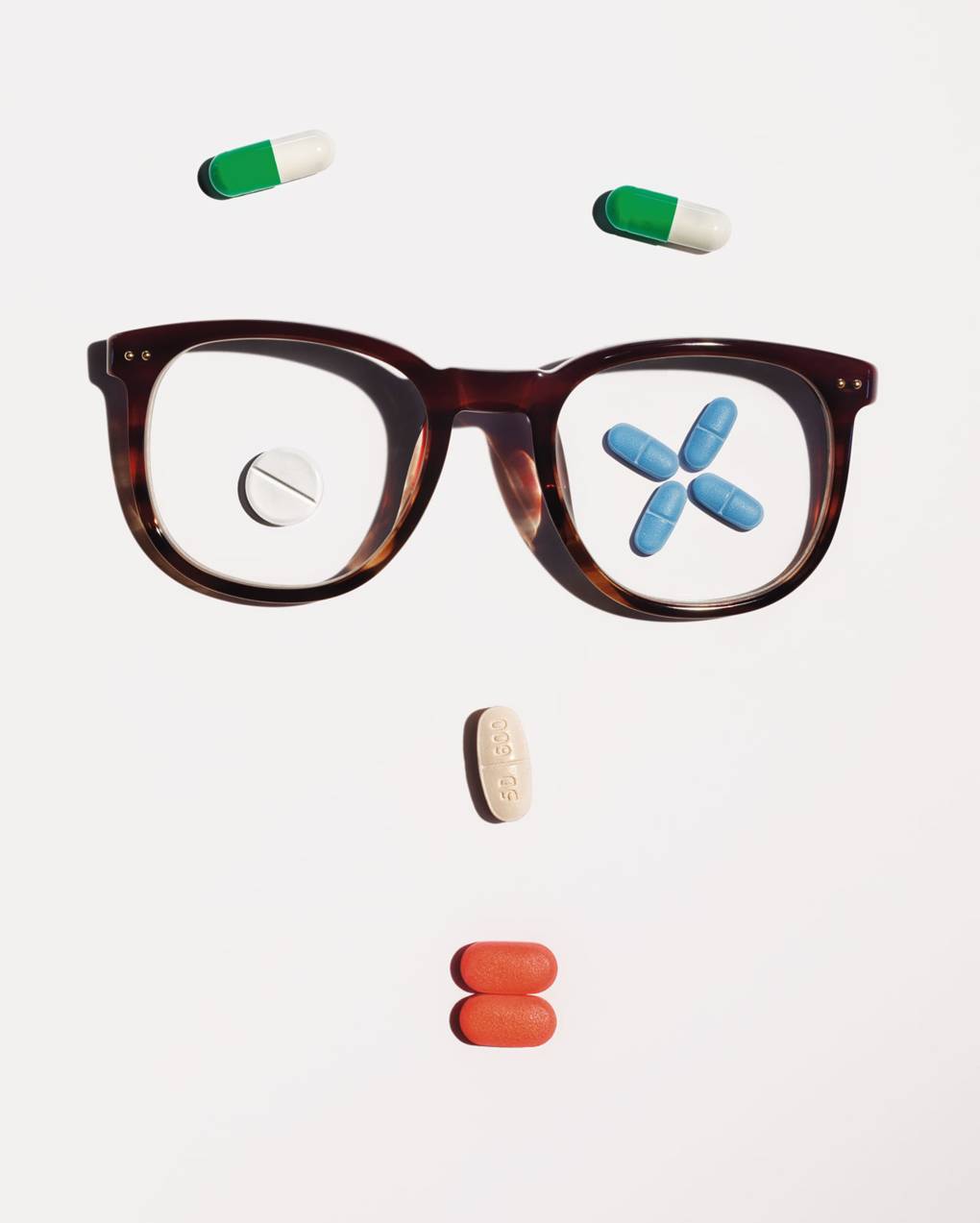
jenny van sommers A supplement that claims it can give mental clarity, laser-sharp focus and long-lasting energy sounds like the stuff of science fiction movies. But as fantastical as so-called "smart drugs" may seem, there’s a quiet revolution going on in wellness that claims to solve your 4pm energy slumps once and for all. "Interest in nootropics is starting to slowly build," said Shabir Daya , co-founder and head pharmacist at Victoria Health . "The science is not necessarily new, but people are starting to embrace them more." Nutritionist Alice Mackintosh echoed the sentiment, saying: "In the UK, I think we’re only at the beginning of their popularity, and it’s growing." First things first, a nootropic is any substance which can boost cognitive function and energy. "They can be any compound, natural or synthetic," explained Daya. Lots of things could technically be classed as a nootropic, including your morning flat white. "Caffeine is probably the oldest and most widely consumed nootropic," said GP Dr Martin Saweirs . "Then you have your prescription nootropics, which are the kinds of medications you might be given for ADHD, or something like modafinil." But the kinds of nootropics currently making waves are more likely to be found in a health boutique than a doctor’s office. Extracts such as Lion’s mane, Siberian gingseng, ashwagandha, goji berry and cordyceps mushroom are being uprooted from ancient wisdom and finding a home in modern supplements and boosters. Acolytes claim that they offer an energy lift and greater concentration without the "crash" associated with energy drinks, or the disruption to sleep that caffeine brings. Like many wellness movements, this wave can be traced right back to Silicon Valley. "They work hard and play hard out there, and the people who work in these environments are always looking for […]
Hyper-dimensional Computing Theory can Contribute to the Memory of Robots

This new theory is likely to enhance the way in which the robots remember information. It actually will change the way the Artificial Intelligence works. Further, it will help to integrate robotic perceptions with motor capabilities to improve the way that AI functions. The University of Maryland writes "The Houston Astros" Jose Altuve steps up to the plate on a 3-2 count, studies the pitcher and the situation, gets the go-ahead from third base, tracks the ball’s release, swings… and gets a single up the middle. Just another trip to the plate for the three-time American League batting champion. Could a robot get a hit in the same situation? Not likely. It has perfected natural reflexes with years of experience, knowledge of the pitcher tendencies and an understanding of the trajectories of various pitches. Whatever he sees and feels combines with his brain and muscle memory to time. The robot also uses a linkage system that coordinates data from its sensors with its motor capabilities. The sequence of its working : According to this hyperdimensional computing theory, the operating system of a robot would be based on hyperdimensional binary vectors and these represent disparate, discrete things. The example given by the University of Maryland is a single image, a concept a sound or an instruction; sequence made up of discrete things and the groupings of the same. This would turn the sequence of instants into new hyperdimensional binary vectors (HBVs) and the groups will have the HBV together. And all these will be in the same vector length. In this way, semantically important memories are sequenced. After the information is encoded signals become vectors that translates into memory and the learning through clustering. ads Hyper-dimensional Computing Theory can Contribute to the Memory of Robots
Want to be a ‘Jeopardy!’ champ like James Holzhauer? You can train for it, but the right type of brain helps too.

This file image made from video and provided by Jeopardy Productions Inc. shows "Jeopardy!" contestant James Holzhauer on an episode that aired April 17. (AP) James Holzhauer will have the “Jeopardy!” buzzer back in his hand Monday as he tries to break more records now that the two-week long Teachers Tournament has wrapped up. The 34-year-old Naperville native so far has won $1,691,008 in the 22 games he’s played this season. That’s more than twice the $737,760 “Jeopardy!” champion Ken Jennings earned in his first 22 games on his way to winning $2,520,700 over 74 games. Those who have aspirations of competing on “Jeopardy!” and achieving similar results to Holzhauer are going to need more than knowledge to contend successfully. Clinical psychologist Dr. Randy Summerville said understanding why people like Holzhauer perform so well on a game show like “Jeopardy!” is very complex. Individuals who excel on quiz shows tend to be people with well-developed linear knowledge, which often makes them good at math, Summerville said. Holzhauer was a mathematics prodigy who could calculate multiple digits in his head as a preschooler at the Avery Coonley School in Downers Grove. “They are good at taking information in and good at taking information out,” said Summerville, a clinical director of ARCC Neuropsychology and affiliated with Linden Oaks Behavioral Health in Naperville. That is not the case with Holzhauer, who is a professional sports gambler living in Las Vegas. That gives him an advantage over the challengers. The definition of risk, however, is relative, Summerville said. Someone who is wealthy is more likely to wager $100,000 than someone who has a minimum-wage job. The psychologist suggests that through years of gambling professionally, Holzhauer is able to calculate the risks he takes based on statistical information he’s gathered. By removing the emotional […]
Want to be a ‘Jeopardy!’ champ like James Holzhauer? You can train for it like he did, but the right type of brain helps, too

This file image made from video and provided by Jeopardy Productions Inc. shows "Jeopardy!" contestant James Holzhauer on an episode that aired April 17. (AP) James Holzhauer will have the “Jeopardy!” buzzer back in his hand Monday as he tries to break more records now that the two-week long Teachers Tournament has wrapped up. The 34-year-old Naperville native so far has won $1,691,008 in the 22 games he’s played this season. That’s more than twice the $737,760 “Jeopardy!” champion Ken Jennings earned in his first 22 games on his way to winning $2,520,700 over 74 games. No compatible source was found for this media. Those who have aspirations of competing on “Jeopardy!” and achieving similar results to Holzhauer are going to need more than knowledge to contend successfully. Clinical psychologist Dr. Randy Summerville said understanding why people like Holzhauer perform so well on a game show like “Jeopardy!” is very complex. Individuals who excel on quiz shows tend to be people with well-developed linear knowledge, which often makes them good at math, Summerville said. Holzhauer was a mathematics prodigy who could calculate multiple digits in his head as a preschooler at the Avery Coonley School in Downers Grove. What people often refer to as a photographic memory also helps. “They are good at taking information in and good at taking information out,” said Summerville, a clinical director of ARCC Neuropsychology and affiliated with Linden Oaks Behavioral Health in Naperville. While linear thinkers have is the aptitude to recall, he said, they are typically averse to risk. That is not the case with Holzhauer, who is a professional sports gambler living in Las Vegas. That gives him an advantage over the challengers. The definition of risk, however, is relative, Summerville said. Someone who is wealthy is more likely to wager […]
Too good to be true: Is kratom a breakthrough treatment or a dangerous drug?

( Natural News ) The tropical kratom tree is currently at the center of great controversy as some people hail it as a breakthrough treatment while others insist it’s a dangerous drug. The leaf of the kratom plant has psychotropic effects and has long been used in Southeast Asia for pain relief, but its sudden spike in popularity around the world is causing a lot of concern. The kratom plant may be part of the coffee family, but the opioid compounds it contains are threatening to exacerbate the opioid epidemic that is taking so many lives in America and other countries. One problem is that kratom causes effects that are similar to opioids as well as stimulants. When compounds in kratom leaves interact with the brain’s opioid receptors , it can cause pain reduction , pleasure and sedation. It also leads to bursts of energy, which is why some people use it in a similar way to caffeine. Although it’s natural, the opioids in kratom pose the same risks of death and addiction as other opiates, making it far from the safer alternative some believe it to be. It has already been linked to dozens of deaths in the U.S., which is currently the drug’s top importer. It is estimated that around 5 million Americans take kratom, with many of them getting it through online platforms like Instagram and Facebook. Some of the health effects that have been reported from taking kratom include nausea, sweating, dry mouth, itching, constipation, seizures, hallucinations, a loss of appetite, increased urination, and psychosis. Friend or foe? In the places where it grows natively, its reception is mixed. Those who grow it and profit from it insist it is safe and effective, while regulators take a different view. Indonesia has banned domestic consumption of […]
